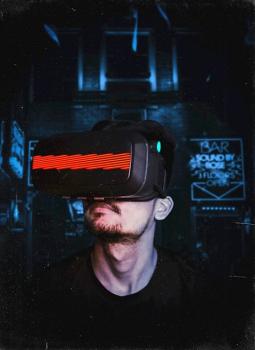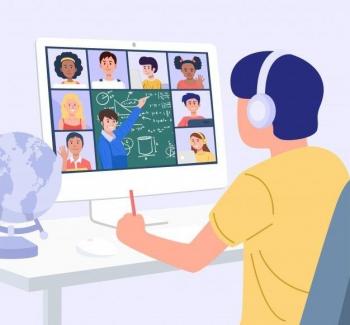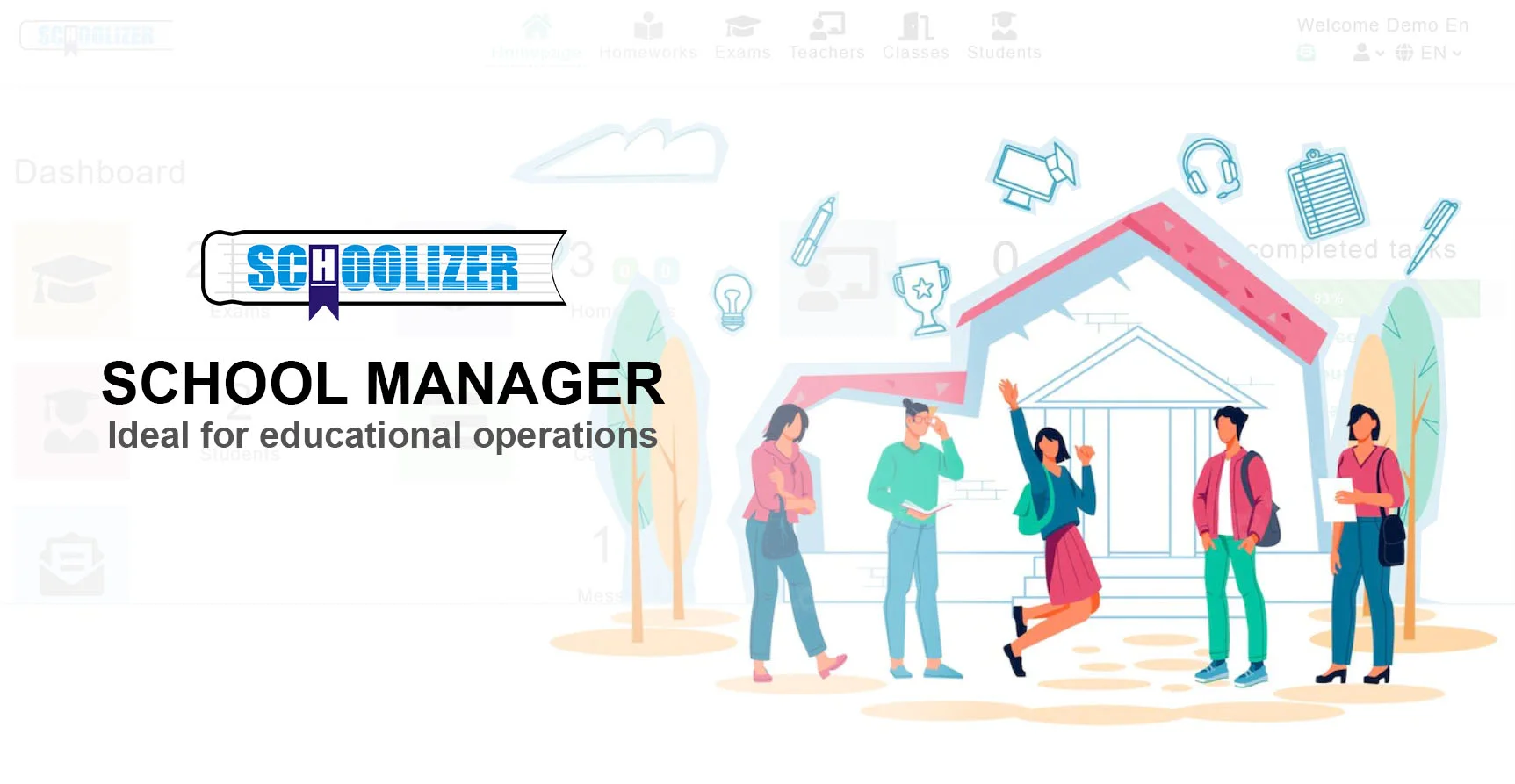The Future of Learning: How Smart Games Are Revolutionizing Education

The Future of Learning: How Smart Games Are Revolutionizing Education
What if learning could be as engaging as playing your favorite video game? Why are traditional teaching methods gradually being supplemented—or even replaced—by interactive digital experiences? How can smart games enhance cognitive skills, creativity, and problem-solving abilities in students of all ages? These questions lie at the heart of the evolving educational landscape, where gamification is no longer just a trend but a transformative force.
What Are Smart Games?
Smart games refer to digital or physical games designed with educational objectives in mind. Unlike conventional video games, which prioritize entertainment, smart games integrate learning mechanics seamlessly into gameplay. They leverage elements like puzzles, simulations, and adaptive challenges to teach subjects ranging from mathematics to language arts.
For example, Minecraft: Education Edition allows students to explore historical landmarks, solve engineering problems, and even learn coding—all within a virtual sandbox environment. This demonstrates how smart games make abstract concepts tangible and engaging.

Why Smart Games Work: The Science Behind Engagement
Research shows that gamified learning improves retention rates by activating dopamine-driven reward systems in the brain. When students accomplish tasks in a game, they receive instant feedback, fostering a sense of achievement. This contrasts with traditional rote memorization, which often lacks immediate reinforcement.
A real-world application is Duolingo, a language-learning app that uses streaks, points, and levels to motivate users. Studies indicate that learners who use gamified apps like Duolingo are more likely to stick with their studies long-term compared to those using textbooks alone.
Key Benefits of Smart Games in Education
1. Personalized Learning
Smart games adapt to individual learning paces. Algorithms analyze performance and adjust difficulty levels, ensuring students remain challenged but not overwhelmed. For instance, Prodigy Math tailors math problems to each student's skill level, making it a favorite in elementary classrooms.
2. Collaboration and Social Skills
Multiplayer educational games like Kahoot! encourage teamwork and communication. Students compete or collaborate in real-time, developing interpersonal skills alongside academic knowledge.
3. Critical Thinking and Creativity
Games such as Portal 2 teach physics and spatial reasoning through puzzle-solving. Players must think outside the box to advance, nurturing creativity and analytical skills.

Challenges and Considerations
Despite their advantages, smart games face hurdles like screen time concerns and equitable access. Not all schools have the resources to implement high-tech gaming solutions, and excessive digital exposure can lead to burnout. Balancing game-based learning with offline activities is crucial.
For example, Osmo combines physical manipulatives with digital interaction, addressing screen time worries while maintaining engagement.

The Future of Smart Games in Classrooms
As AI and VR technologies advance, smart games will become even more immersive. Imagine history lessons where students "walk" through ancient Rome via virtual reality or science classes where they simulate DNA splicing in 3D. The potential is limitless.
Platforms like Classcraft already use RPG elements to manage classroom behavior, hinting at a future where education feels more like an adventure than a chore.

How to Integrate Smart Games Into Your Teaching
Educators can start by:
- Identifying learning objectives that align with game mechanics.
- Choosing age-appropriate games with proven educational value.
- Monitoring student progress to ensure goals are met.
For instance, using Scratch to teach programming basics allows students to create their own games while learning logical sequencing.






